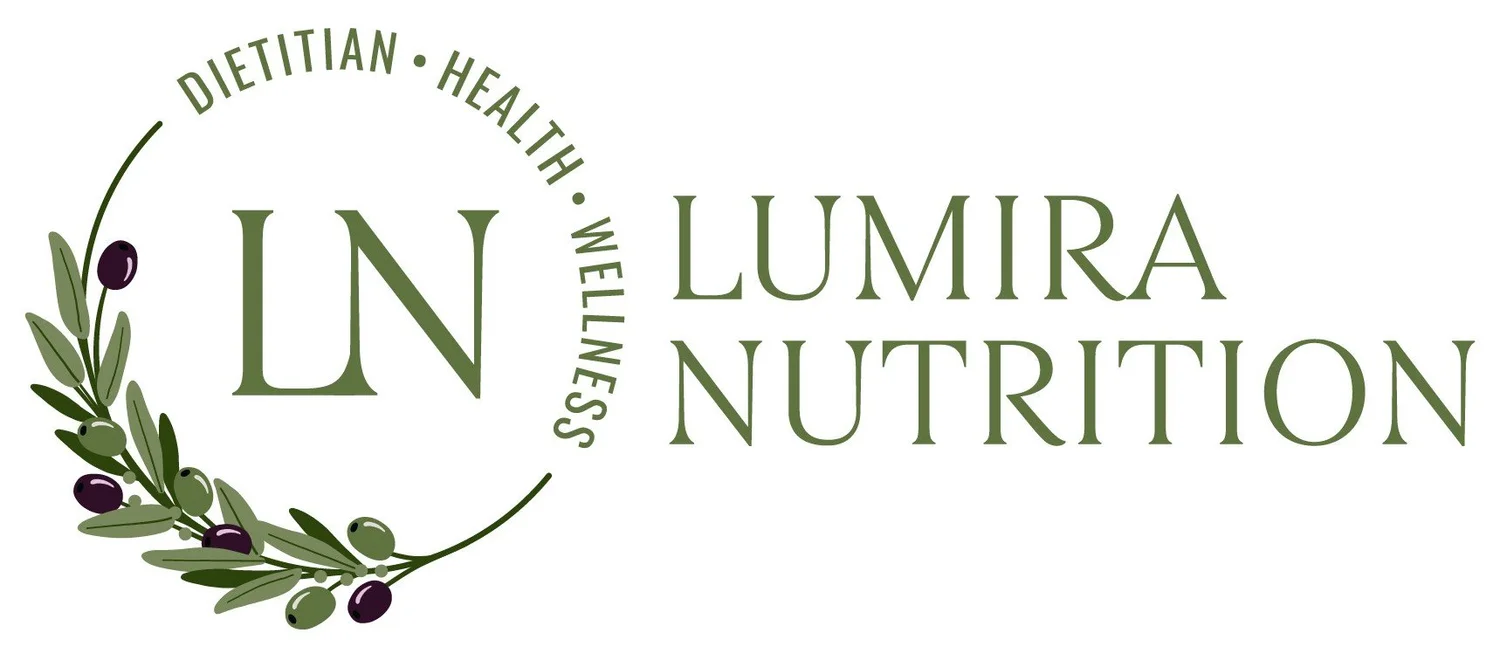Sleep Better, Eat Better: How Rest and Nutrition Work Together
We all know how we feel after a bad night’s sleep: tired, cranky, and reaching for coffee (and maybe a donut). But your sleep and your eating habits are more connected than you might think.
How Poor Sleep Affects Your Eating
More Cravings: Lack of sleep increases hunger hormones (ghrelin) and lowers fullness hormones (leptin), making you crave high-carb, high-sugar foods.
Less Willpower: When you’re tired, your brain has a harder time making balanced choices.
Slower Metabolism: Chronic sleep deprivation can affect how your body uses energy.
Foods That Support Better Sleep
Certain foods may naturally help your body relax:
Complex Carbs: Oats, sweet potatoes, brown rice (help release serotonin).
Magnesium-Rich Foods: Nuts, seeds, leafy greens.
Tryptophan Sources: Turkey, eggs, dairy (help with melatonin production).
Herbal Teas: Chamomile or lavender before bed.
Simple Sleep + Nutrition Habits
Stick to regular meal times (helps regulate your internal clock).
Avoid heavy, greasy meals right before bed.
Limit caffeine after lunchtime.
Create a bedtime routine — screens off, lights low, maybe a warm cup of tea.
Bottom Line:
Better sleep can make it easier to eat well — and eating well can help you sleep better. Focus on small, consistent habits for both, and you’ll feel more energized, balanced, and clear-headed.
